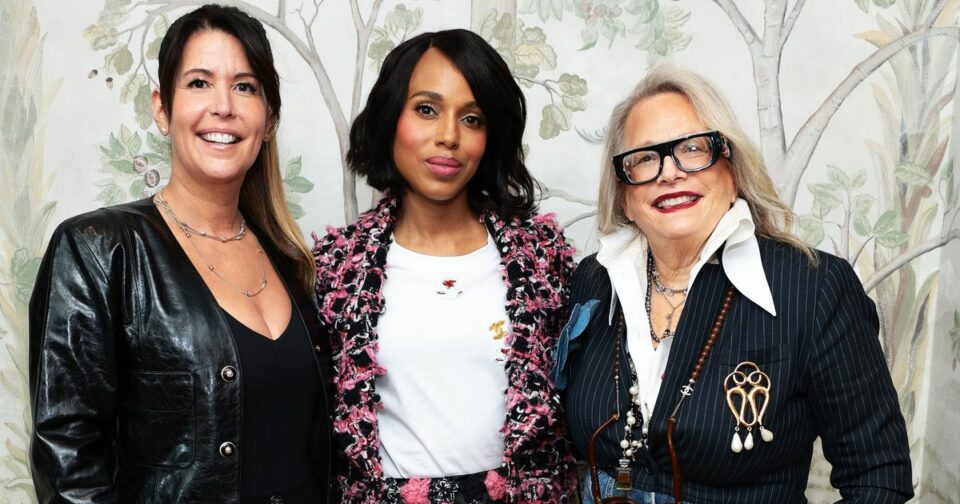[ad_1]
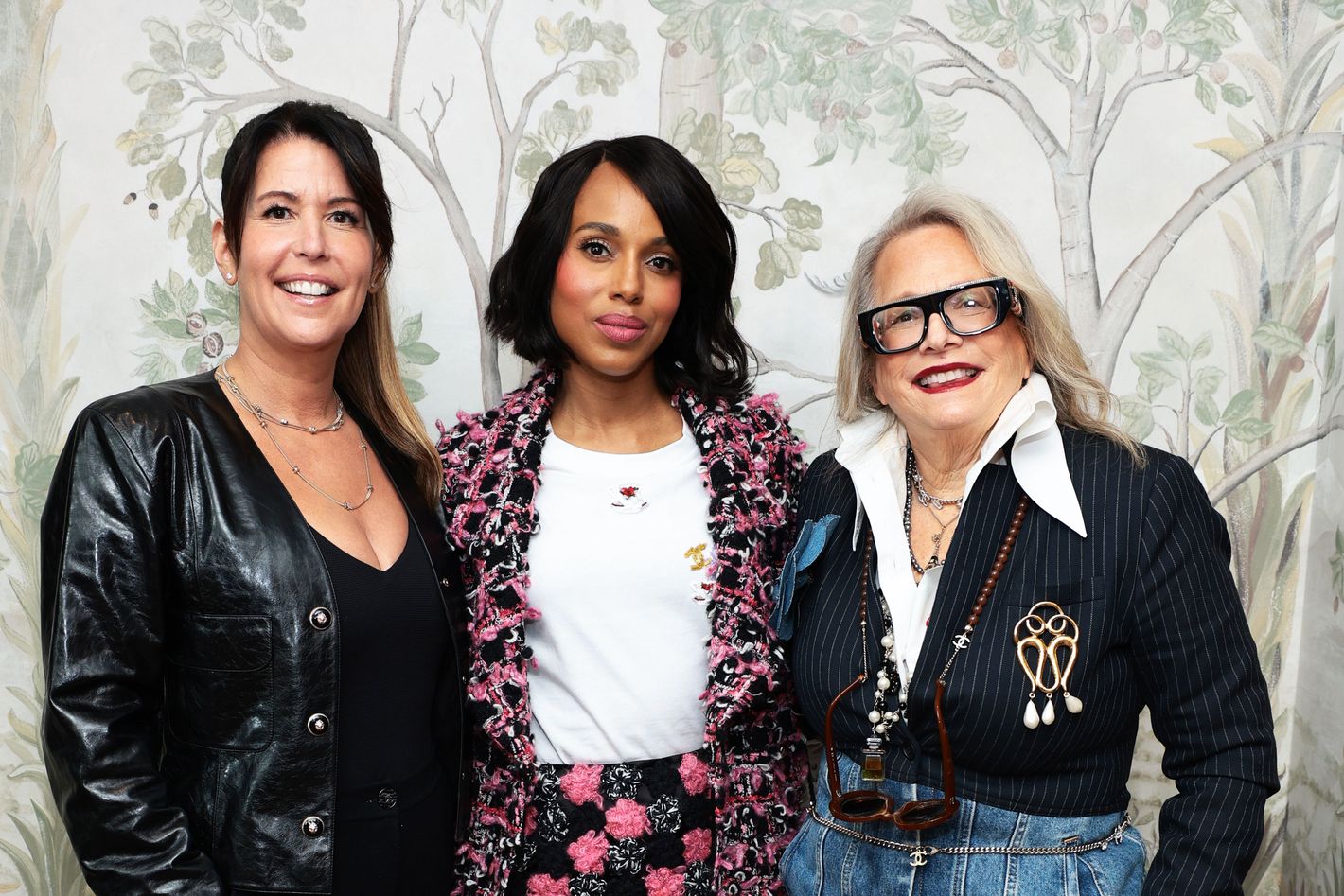
Last week at Tribeca Film Festival, Chanel hosted a panel entitled “Championing the Next Generation” at the Crosby Street Hotel. The discussion was moderated by journalist and documentary filmmaker Perri Peltz and led by three award-winning female powerhouses across different sectors of the industry who serve on the advisory committee of Chanel and Tribeca’s artist-development program, Through Her Lens: actress Kerry Washington, director and screenwriter Patty Jenkins, and composer Laura Karpman.
Earlier that day, Washington, Jenkins, and Karpman attended a star-studded luncheon hosted by Chanel to celebrate the tenth anniversary of Through Her Lens. Tribeca CEO and co-founder Jane Rosenthal stressed the importance of the Through Her Lens Program.
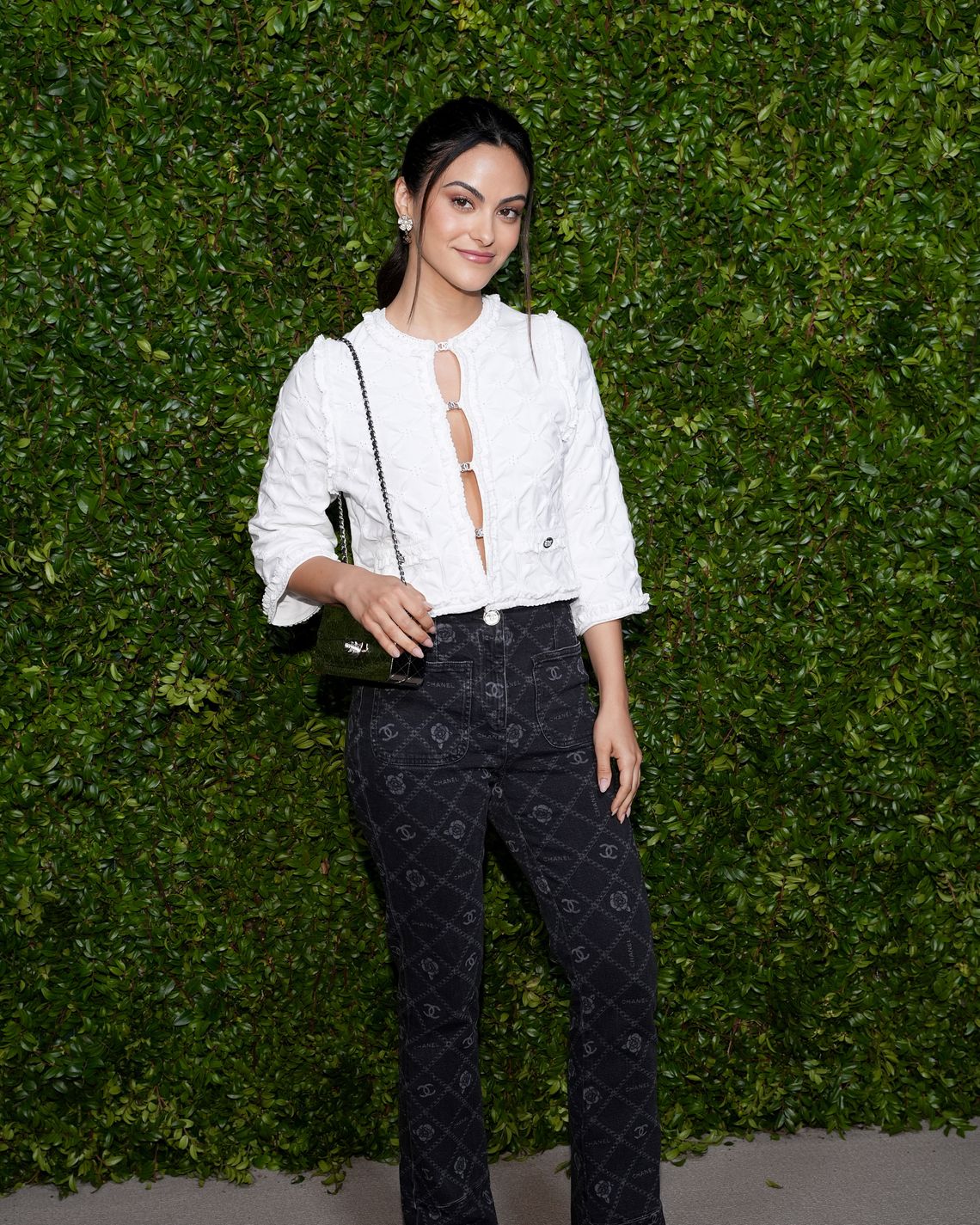
“Both Tribeca and Chanel firmly believe that art is necessary to the human experience and needed all the more in times of trial and adversity,” she told guests including Katie Holmes, Rachel Weisz, Selma Blair, Christy Turlington, Ashley Benson, Dianna Agron, Joey King, and Camila Mendes.
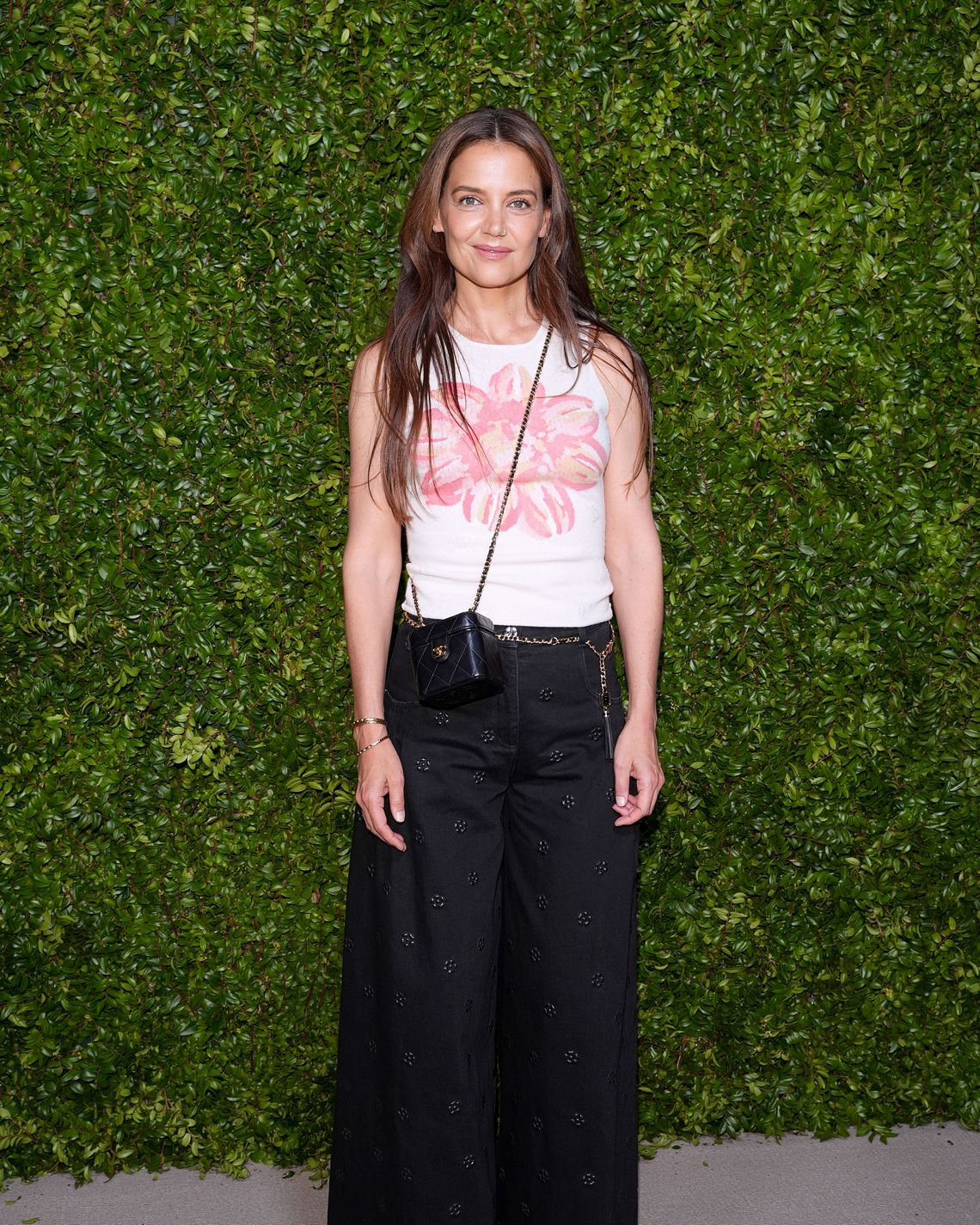
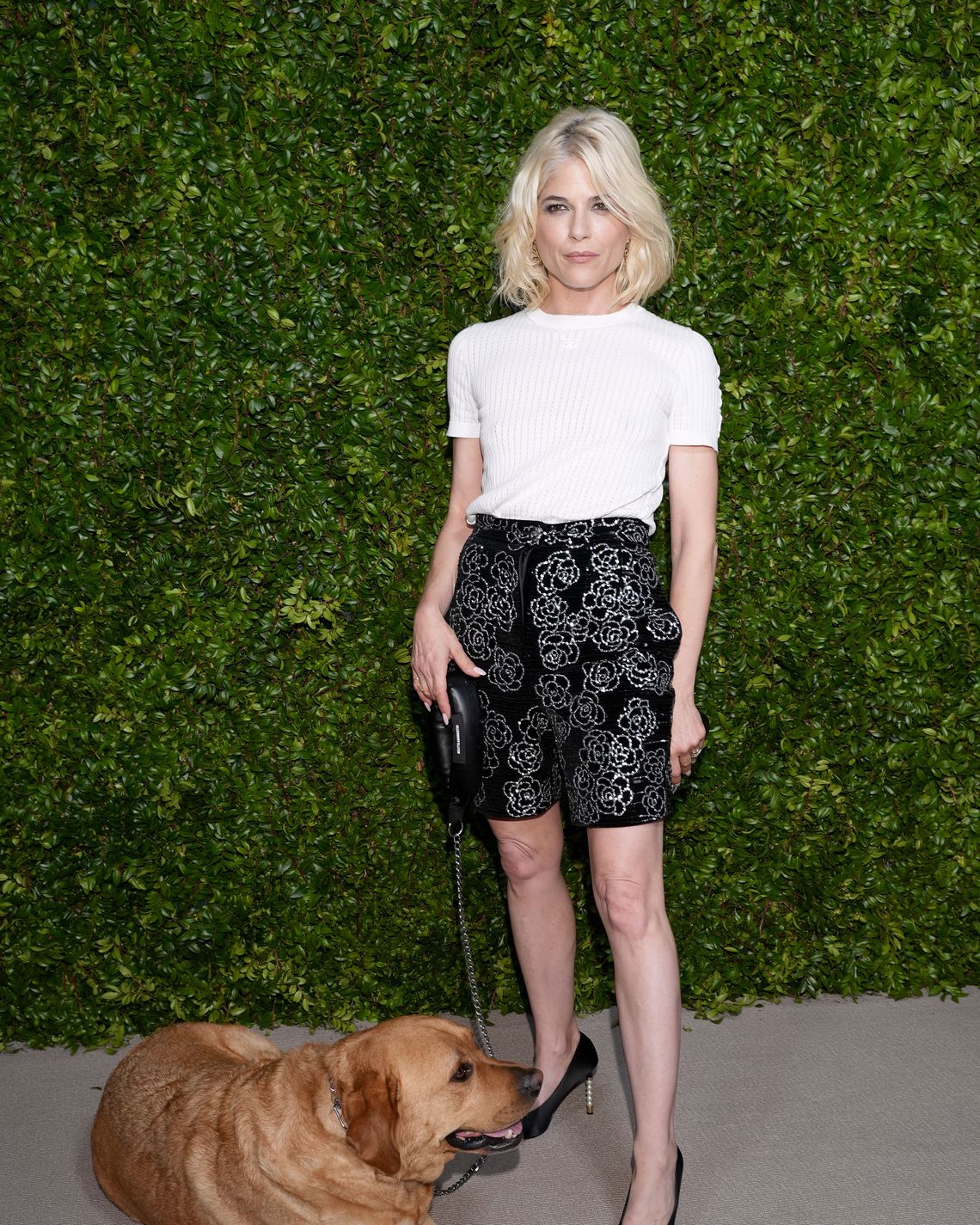
The panel conversation centered around the difficult landscape for women and nonbinary filmmakers and the ways in which mentorship can alleviate some of the challenges. Washington illustrated the reality that many aspiring creatives face today — and how the industry can better help them succeed — with a powerful metaphor.
“Imagine a fence. On one side of the fence is a beautiful orchard full of apples. On the other side of the fence, the ground is uneven and slopes down. Some kids walk up and they want to get over the fence; they want to see what’s on the other side,” she explained. “Equality is giving each of those kids a box that is one foot tall. They each get that box but it doesn’t help them in the same way because they’re starting in different places. Equity is saying, ‘You need a box that’s one foot but you need a box that’s two feet and you need a box that’s three feet because you’re starting in a different place.’ If we do that, they’ll all see the same thing. Equity is understanding where someone is beginning and honoring the unique challenges of where they are.”
All three panelist agreed that Hollywood honorary organizations like the Academy are in desperate need of some diversity because the voting body often does not represent the target audience. For Jenkins, this became abundantly clear when she learned that about 85 percent of the critics who gave her film, Wonder Woman 1984, negative reviews were men over the age of 50. “I don’t know that I was making that movie for them,” she said. “I want to make great films. That can’t be a metric I care about because we’re so far from an accurate read of what the audience likes and doesn’t like or what’s speaking to people and what isn’t.”
Washington added, “We have to have the courage to carve out what success looks like for us as we charter our path.”
And because the current system is not working, Karpman said female and nonbinary filmmakers should go around the fence that’s preventing them from entering the apple orchard — instead of trying to break through it. “We have to get venture capitalists. We have to talk to each other. We’ve got to direct and score each other’s movies, act, produce, all of the crafts that we have, and then literally raise the money to do it, and start our own thing.”
The panelists also discussed the importance of taking risks, trusting your intuition and your talent, and being a leader on set, which are skills they try to instill in young artists as Through Her Lens mentors. “We are at our best as creative people when we take risks,” Washington said. “A risk is going out of your comfort zone to create something special.”
Backstage after the panel, the women elaborated on why they are so passionate about sharing their experiences and expertise with young filmmakers.
“I hit a moment where I said, ‘I’m done talking about it,’” Jenkins said of the inequality in Hollywood. “We can talk about it and talk about it and talk about it but that doesn’t make a difference, right? So I’m going to do something.”
[ad_2]
Hanna Flanagan , 2024-06-10 20:53:40
Source link

